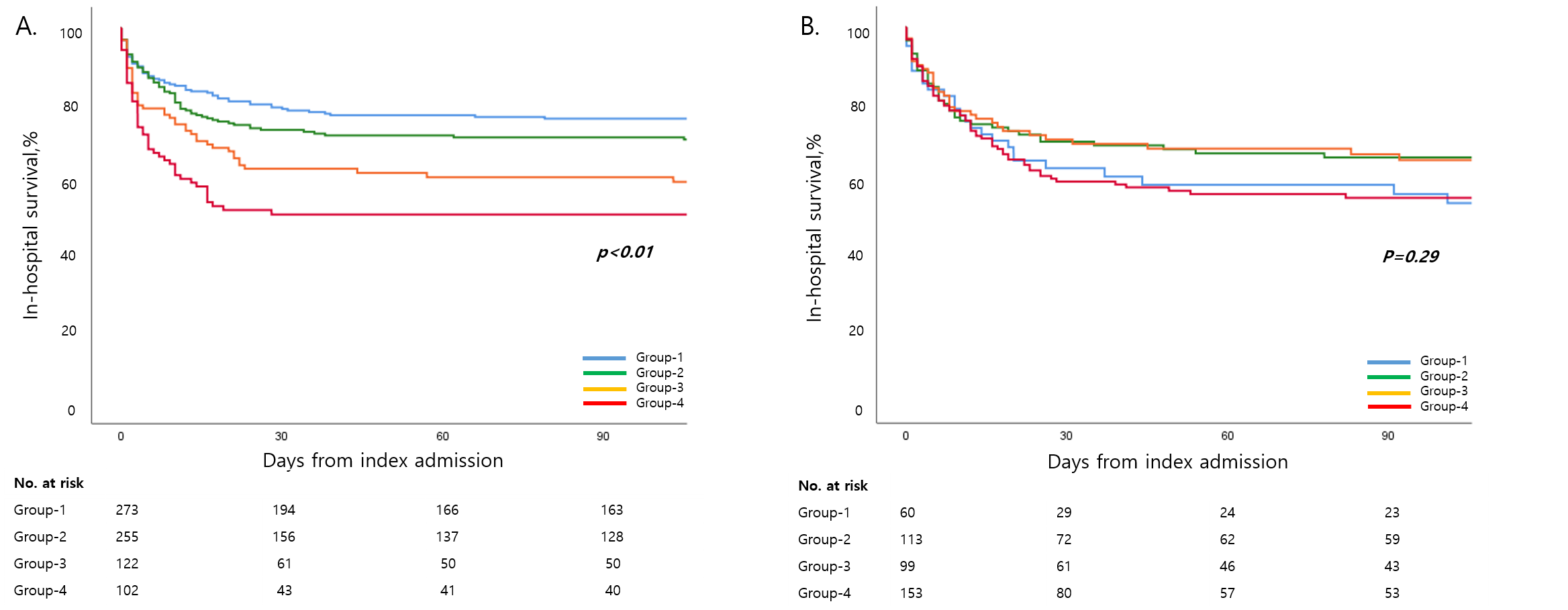Lots of interesting abstracts and cases were submitted for TCTAP 2022. Below are the accepted ones after a thorough review by our official reviewers. Don’t miss the opportunity to expand your knowledge and interact with authors as well as virtual participants by sharing your opinion in the comment section!
TCTAP A-046
Prognostic Impact of Plasma Glucose on Cardiogenic Shock Patients With or Without Diabetes Mellitus: Smart Rescue Trial
By Seong Huan Choi, Gwang-Seok Yoon, Sang-Don Park, Young-Guk Ko, Chul-Min Ahn, Cheol Woong Yu, Hyun-Joong Kim, Bum Sung Kim, Jang-Whan Bae, Sang Yeub Lee, Sung Uk Kwon, Je Sang Kim, Jin-Ok Jeong, Seong-Hoon Lim, Sungsoo Cho, Jeong Hoon Yang, Hyeon-Cheol Gwon
Presenter
Authors
Affiliation
Prognostic Impact of Plasma Glucose on Cardiogenic Shock Patients With or Without Diabetes Mellitus: Smart Rescue Trial
Seong Huan Choi1, Gwang-Seok Yoon2, Sang-Don Park2, Young-Guk Ko3, Chul-Min Ahn3, Cheol Woong Yu4, Hyun-Joong Kim5, Bum Sung Kim6, Jang-Whan Bae7, Sang Yeub Lee8, Sung Uk Kwon9, Je Sang Kim10, Jin-Ok Jeong11, Seong-Hoon Lim12, Sungsoo Cho13, Jeong Hoon Yang14, Hyeon-Cheol Gwon14
Inha University College of Medicine, Korea (Republic of)1, Inha University Hospital, Korea (Republic of)2, Severance Hospital, Korea (Republic of)3, Korea University Anam Hospital, Korea (Republic of)4, KONKUK UNIVERSITY HOSPITAL, Korea (Republic of)5, Konkuk University Medical Center, Korea (Republic of)6, Good Samsun Hospital, Korea (Republic of)7, Chung-Ang University Gwangmyeong Hospital, Korea (Republic of)8, Inje University Ilsan Paik Hospital, Korea (Republic of)9, Bucheon Sejong General Hospital, Korea (Republic of)10, Chungnam National University Hospital, Korea (Republic of)11, Dankook University Hospital, Korea (Republic of)12, Gangnam Severance Hospital, Korea (Republic of)13, Samsung Medical Center, Korea (Republic of)14
Background
Methods
Results
Conclusion



